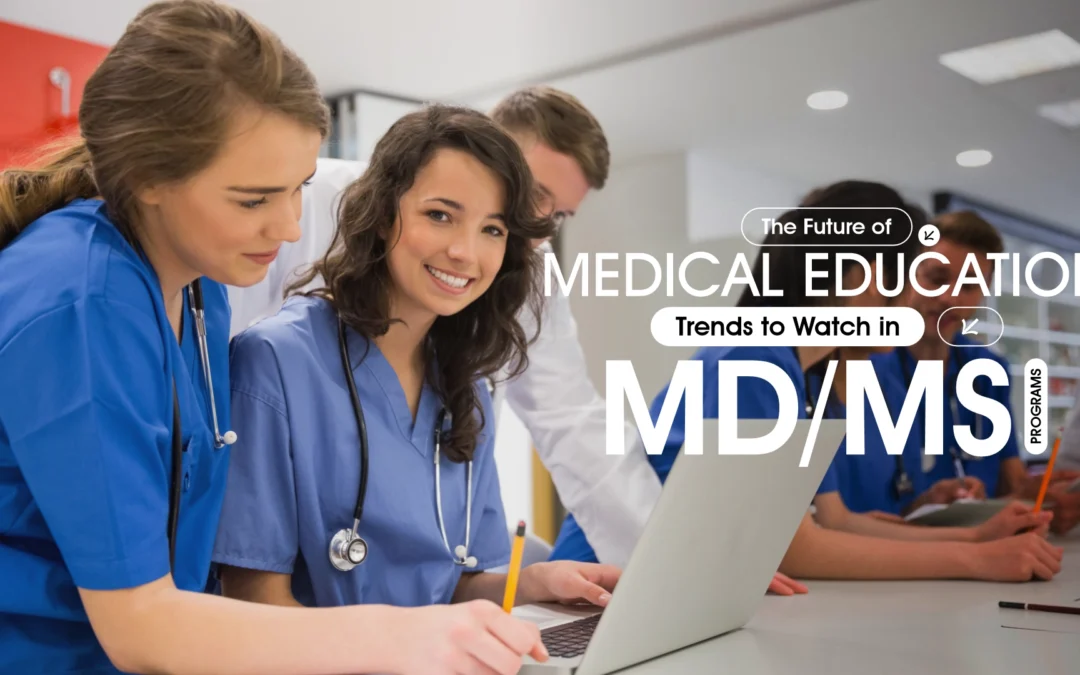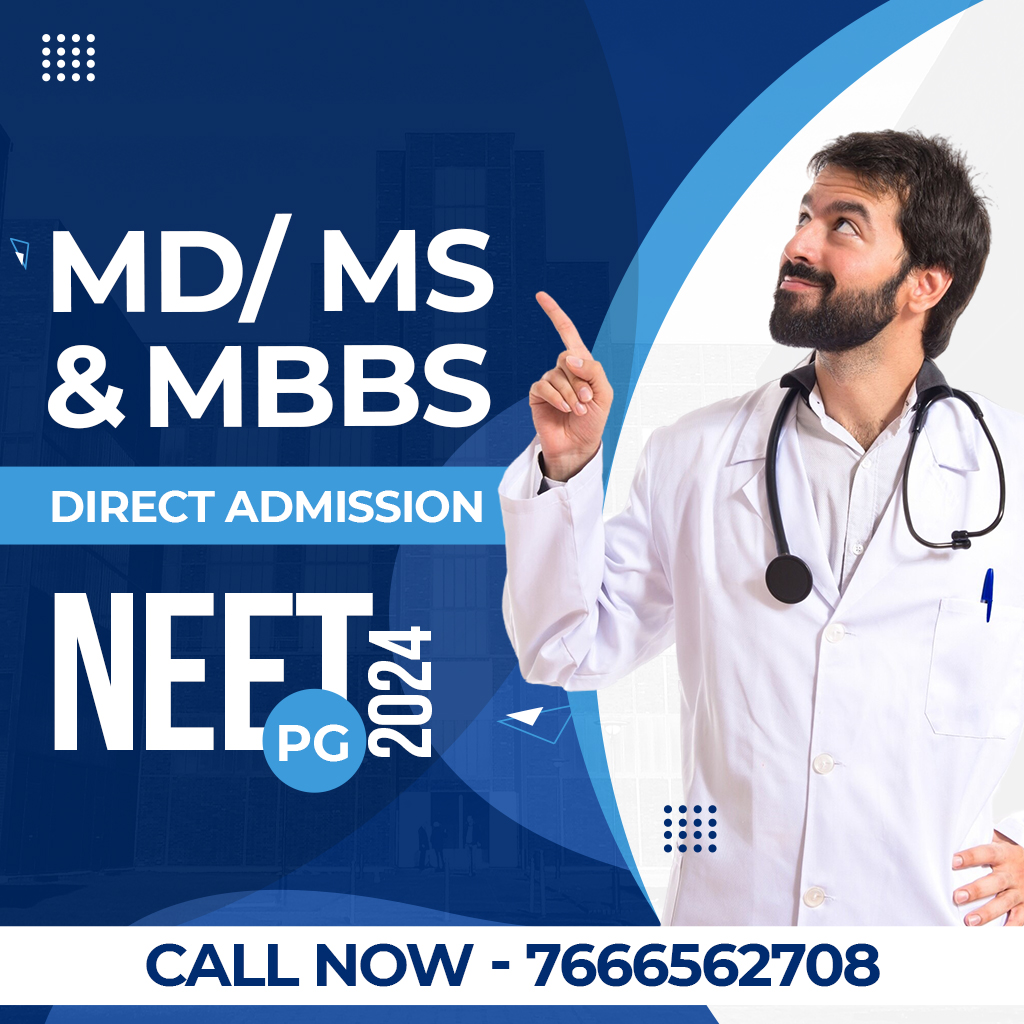The healthcare landscape is undergoing rapid and transformative changes, driven by factors such as advancements in medical technology, demographic shifts, and the increasing complexity of healthcare needs. As a result, medical education must evolve to equip future physicians with the knowledge, skills, and competencies necessary to navigate this dynamic environment. Trends in MD/MS programs are at the forefront of this evolution, shaping the future of medical education and the delivery of healthcare.
Increased Emphasis on Interdisciplinary Collaboration
One of the most significant trends in MD/MS programs is an increased emphasis on interdisciplinary collaboration. As healthcare becomes more complex, it is increasingly important for physicians to work together with other healthcare professionals to provide the best possible care for patients.
Interdisciplinary collaboration can lead to more effective and efficient patient care, as well as new and innovative approaches to medical research. For example, a cardiologist working with a pulmonologist and a physical therapist can develop a more comprehensive treatment plan for a patient with heart failure.
Medical schools are responding to this trend by offering more interdisciplinary courses and programs. For example, some schools offer joint MD/MPH programs that allow students to develop expertise in both medicine and public health.
You may also like – A Bright Future: Successful Careers After Direct MD/MS Admission
Integration of Technology into Medical Education
Technology is playing an increasingly important role in medical education. Trends in MD/MS programs include the use of simulations, virtual reality, and artificial intelligence (AI) to enhance student learning.
Simulations can provide students with realistic experiences in a safe and controlled environment. For example, students can practice performing surgeries on virtual patients. Virtual reality can be used to create immersive learning experiences, such as exploring the human body in three dimensions. AI can be used to personalize learning and provide students with feedback on their performance.
The integration of technology into medical education can help students to develop the skills and knowledge they need to be successful physicians. It can also help to reduce the cost of medical education and improve access to education for students from underserved backgrounds.
Focus on Global Health and International Medical Education
The world is becoming increasingly interconnected, and medical schools are recognizing the importance of global health. Trends in MD/MS programs include a focus on global health issues and opportunities for students to gain experience in international medical education.
Global health issues, such as infectious diseases, climate change, and poverty, are having a significant impact on the health of people around the world. Medical schools are preparing students to address these challenges by offering courses and programs in global health.
Students can also gain valuable experience by participating in international medical education programs. These programs can provide students with opportunities to work with healthcare professionals in other countries and learn about different healthcare systems.
You may also like – Direct MD/MS Admission vs. Traditional Pathways: Pros and Cons
Personalized Learning and Competency-Based Education
The traditional model of medical education is based on lectures and textbooks. However, trends in MD/MS programs are moving towards a more personalized and competency-based approach to education.
Personalized learning allows students to learn at their own pace and in a way that is best suited to their individual learning style. Competency-based education focuses on assessing students’ ability to apply their knowledge and skills to real-world situations.
Personalized learning and competency-based education can help students to develop the skills and knowledge they need to be successful physicians. They can also help to improve student satisfaction and retention.
Increased Focus on Medical Humanities and Ethics
The practice of medicine is not just about science and technology. It is also about human values and ethics. Trends in MD/MS programs include an increased focus on medical humanities and ethics.
Medical humanities courses can help students to develop a deeper understanding of the human experience of illness and disease. They can also help students to develop empathy and compassion for their patients.
Ethics courses can help students to navigate the ethical challenges that they will face in their careers. For example, students may learn about issues such as informed consent, end-of-life care, and medical research.
The integration of medical humanities and ethics into medical education can help to produce more compassionate and ethical physicians.
You may also like – The Impact of Digital Learning on MD/MS Education
Future of Medical Education
The future of medical education is filled with exciting possibilities. Trends in MD/MS programs are shaping the way that physicians are trained and prepared to meet the challenges of the 21st century.
By embracing these trends, medical schools can ensure that their graduates are equipped with the skills and knowledge they need to provide the best possible care for patients. Here are some specific examples of how these trends are already making a difference:
Interdisciplinary collaboration
Medical schools are offering more interdisciplinary courses and programs, such as joint MD/MPH programs. This is helping to prepare physicians to work effectively with other healthcare professionals, such as nurses, pharmacists, and social workers.
Technology integration
Medical schools are increasingly using technology to enhance student learning. For example, students can use simulations to practice performing surgeries and virtual reality to explore the human body in three dimensions. This is helping students to develop the skills and knowledge they need to be successful physicians.
Global health
Medical schools are offering more courses and programs in global health. This is helping to prepare physicians to address the global health challenges that we face today, such as infectious diseases, climate change, and poverty.
Personalized learning
Medical schools are moving towards a more personalized approach to education. This is helping students to learn at their own pace and in a way that is best suited to their individual learning style.
Medical humanities and ethics
Medical schools are offering more courses in medical humanities and ethics. This is helping students to develop empathy and compassion for their patients, as well as the ethical skills they need to navigate the challenges of medical practice.
you may also like – The Ultimate Guide to India’s Top Medical Colleges



